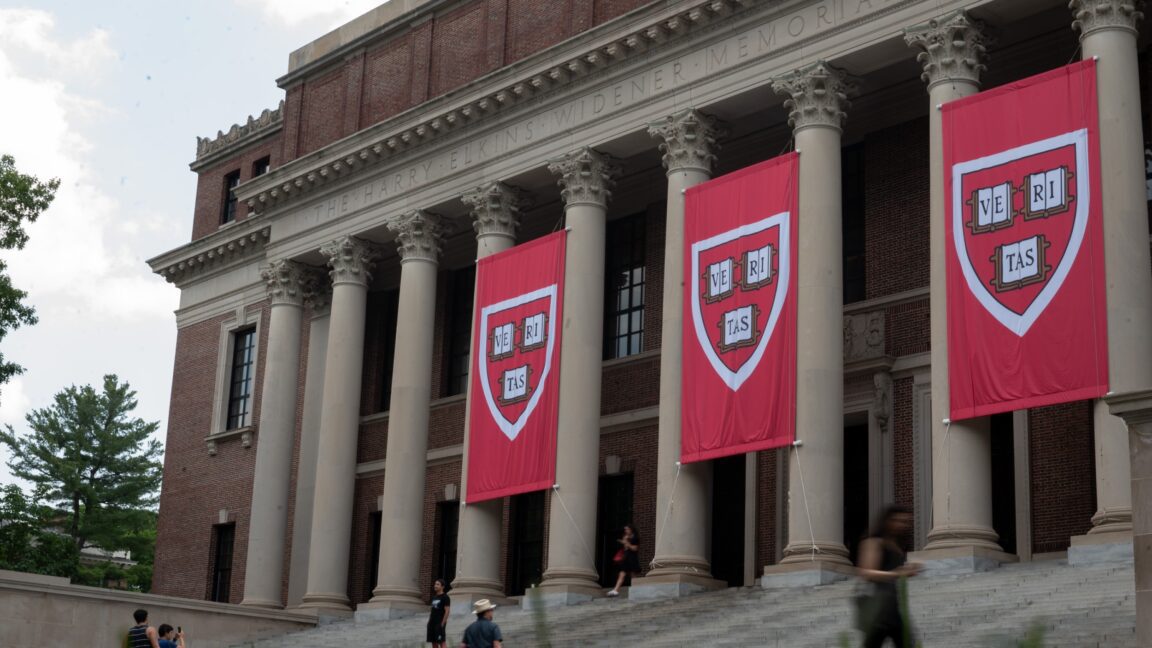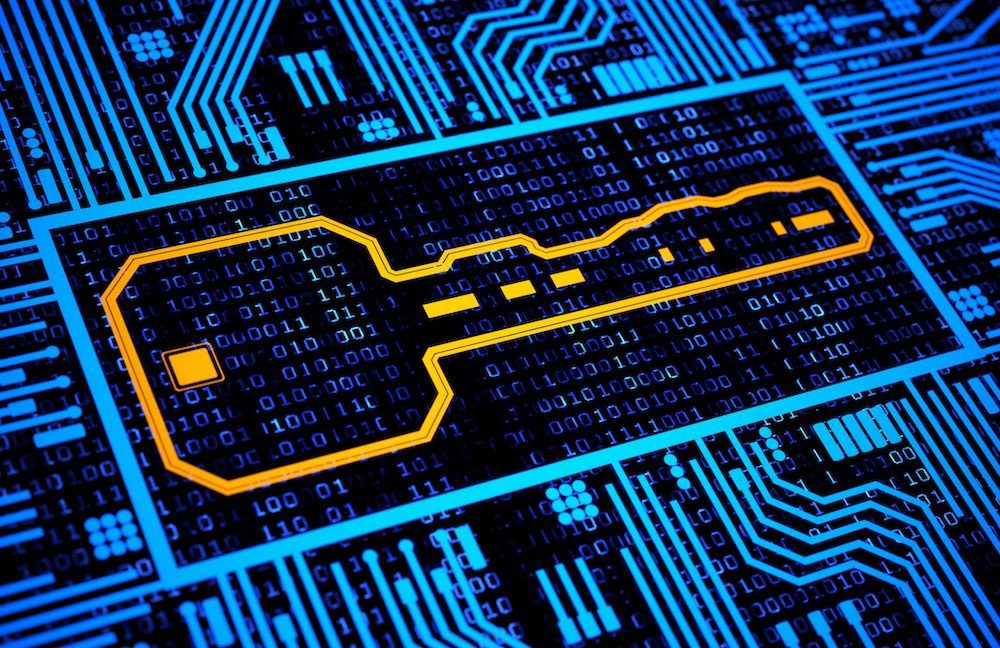
warner bros discovery sues midjourney for generating Warner Bros. Discovery has initiated legal action against Midjourney, alleging that the AI startup has generated numerous unauthorized copies of its beloved characters.
warner bros discovery sues midjourney for generating
Background of the Lawsuit
Warner Bros. Discovery’s lawsuit against Midjourney highlights a growing concern in the entertainment industry regarding the use of artificial intelligence in creative processes. The suit, as reported by The Hollywood Reporter, accuses Midjourney of “brazenly” using Warner Bros.’ intellectual property without permission. The allegations center around the generation of images and videos featuring iconic characters such as Superman, Batman, Bugs Bunny, Scooby-Doo, and others.
This legal action is not an isolated incident. The rise of AI technologies has prompted several companies in the entertainment sector to reevaluate how their intellectual property is protected. With AI tools becoming increasingly sophisticated, the potential for copyright infringement has escalated, leading to a series of lawsuits aimed at safeguarding creative works.
Details of the Allegations
According to the lawsuit, Warner Bros. Discovery claims that Midjourney has produced “countless” infringing images and videos. The company alleges that Midjourney’s AI tools have generated unauthorized derivatives of its copyrighted characters, which violates copyright laws. The lawsuit provides specific examples of how Midjourney’s AI has created images of characters like Wonder Woman, Tweety, and the Power Puff Girls, often in response to user prompts that do not explicitly mention these characters.
Examples of Infringement
One notable example cited in the lawsuit involves a user prompt requesting a “classic comic book superhero battle.” In response, Midjourney allegedly generated images featuring Superman, Batman, and Flash, all of whom are protected by copyright. This raises significant questions about the extent to which AI-generated content can be considered original or derivative.
Warner Bros. Discovery argues that the AI’s ability to produce such content, even without specific character prompts, constitutes a blatant disregard for copyright laws. The lawsuit states, “It is hard to imagine copyright infringement that is any more willful than what Midjourney is doing here.” This assertion underscores the seriousness of the allegations and the potential ramifications for Midjourney.
Legal Implications and Industry Reactions
The legal landscape surrounding AI-generated content is still evolving, and this lawsuit could set a significant precedent. Warner Bros. Discovery is not alone in its concerns; other major entertainment companies, including Disney and Universal, have also taken legal action against Midjourney. These companies have described the AI image generator as a “virtual vending machine” that produces “endless authorized copies” of their work, further emphasizing the widespread apprehension regarding AI’s impact on intellectual property rights.
As AI technologies continue to advance, the question of ownership and copyright becomes increasingly complex. The implications of this lawsuit extend beyond Warner Bros. Discovery and Midjourney; they could influence how AI companies operate in the future. If the court rules in favor of Warner Bros., it may compel AI developers to implement stricter copyright protection measures in their tools, fundamentally altering the landscape of AI-generated content.
Stakeholder Reactions
The reactions from stakeholders in the entertainment and technology sectors have been varied. Many industry experts express concern over the potential for AI to undermine the creative process and devalue original works. The fear is that if AI can easily replicate established characters and styles, it could lead to a dilution of creativity and a lack of incentive for artists and creators.
On the other hand, some advocates for AI technology argue that these tools can serve as a means of inspiration and innovation rather than mere replication. They contend that AI can help artists explore new creative avenues and push the boundaries of traditional art forms. However, this perspective raises ethical questions about the ownership of AI-generated content and the responsibilities of AI developers in protecting intellectual property.
Warner Bros. Discovery’s Demands
In its lawsuit, Warner Bros. Discovery is seeking damages related to the alleged copyright infringement. The company is asking the court to impose several restrictions on Midjourney, including:
- A prohibition on copying, displaying, or distributing Warner Bros. Discovery’s intellectual property.
- A requirement for Midjourney to implement copyright protection measures in its AI tools.
These demands reflect the company’s desire to not only seek financial restitution but also to establish clear boundaries regarding the use of its intellectual property in AI-generated content. By seeking to block Midjourney from operating without copyright protections, Warner Bros. Discovery aims to set a standard that could influence other AI developers in the industry.
The Future of AI and Copyright Law
The ongoing legal battle between Warner Bros. Discovery and Midjourney raises critical questions about the future of AI and copyright law. As AI technologies become more integrated into creative processes, the need for clear legal frameworks becomes increasingly urgent. The outcome of this lawsuit could serve as a bellwether for how courts interpret copyright laws in the context of AI-generated content.
Legal experts suggest that the court’s decision could either reinforce existing copyright protections or pave the way for new interpretations that accommodate the unique challenges posed by AI. If the court sides with Warner Bros. Discovery, it may encourage other companies to pursue similar legal actions against AI developers, potentially leading to a wave of litigation in the industry.
Potential Outcomes
Should Warner Bros. Discovery prevail in its lawsuit, several outcomes could emerge:
- Increased scrutiny on AI-generated content and its compliance with copyright laws.
- More stringent regulations for AI companies regarding the use of copyrighted material.
- A potential chilling effect on the development of AI tools that rely on existing intellectual property.
Conversely, if Midjourney wins the case, it could set a precedent that allows for greater freedom in the use of AI-generated content, potentially leading to a surge in AI applications across various creative fields. This outcome could embolden other AI developers to push the boundaries of what is permissible under current copyright laws.
Conclusion
The lawsuit filed by Warner Bros. Discovery against Midjourney serves as a critical juncture in the ongoing conversation about AI, creativity, and intellectual property rights. As the legal battle unfolds, it will be essential to monitor the implications for both the entertainment industry and the broader landscape of AI technology. The outcome of this case may not only shape the future of AI-generated content but also redefine the relationship between technology and creativity in an increasingly digital world.
Source: Original report
Was this helpful?
Last Modified: September 5, 2025 at 3:49 am
1 views















